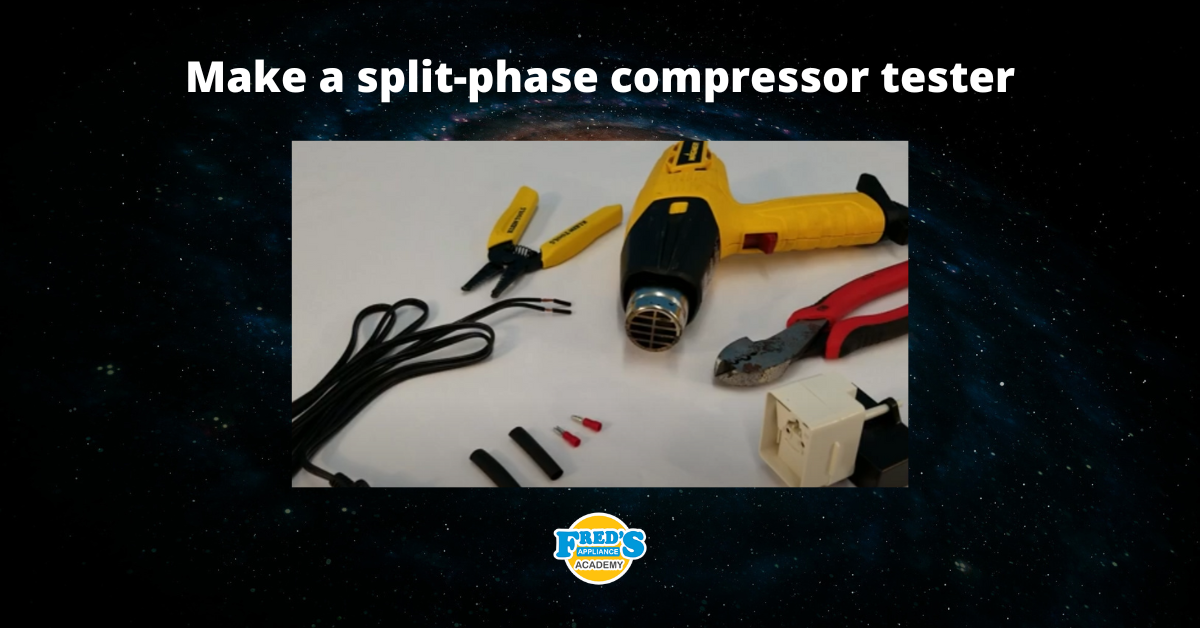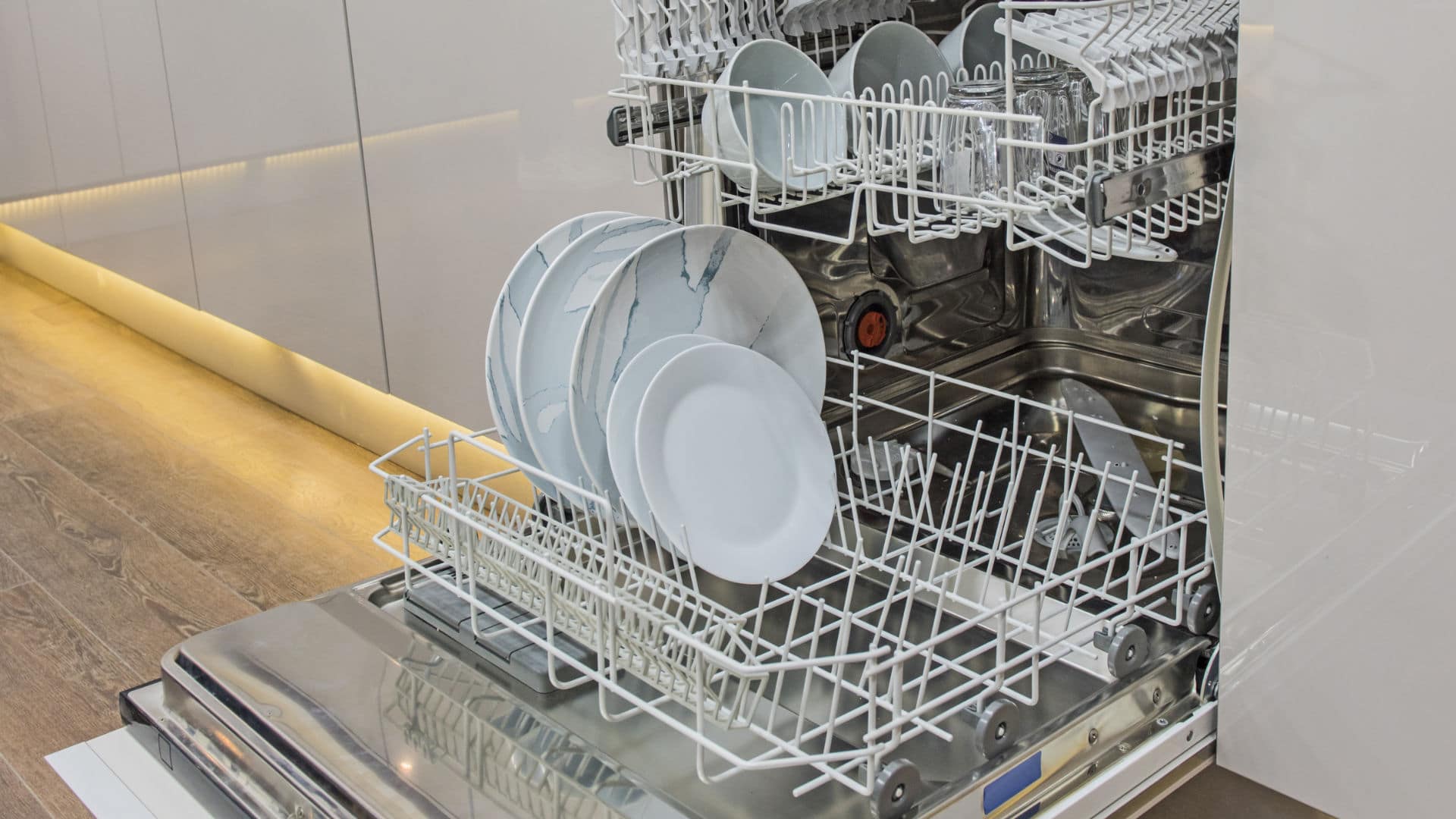
Dishwashers are one of the most used appliances we have in our homes. When they break down or start to emit strange noises, it can be both annoying and disruptive if they can’t be used.
One of the most common problems people have with their dishwashers is when they start to make strange noises – for example, loud buzzing noises. When this happens, it indicates something is wrong with your dishwasher that will need to be fixed. Very rarely does this problem just solve itself.
If you can hear a buzzing noise, there are a few possible causes of the problem, including the dishes not being stacked properly, the dishwasher not sitting level on the ground, the pump intake being defective, and the pump seals being dry. Sometimes, however, it’s simply a case of general wear and tear – especially if your dishwasher is old.
Check That the Dishes Are Stacked Properly
The most common cause of a buzzing noise coming from your dishwasher is a simple one – your dishes aren’t stacked properly. When your dishes are not stacked properly – especially plastic cups and containers – they can rub up against another dish in the dishwasher and cause a buzzing noise. To stop this from happening, make sure your dishes are stacked securely. If this doesn’t solve the problem, move on to checking the next possible cause.
Check That the Dishwasher Is Level
Sometimes if your dishwasher isn’t sitting level on the ground or it is rubbing against the cabinet it’s in or against the kitchen bench, it can cause the dishwasher to emit a buzzing sound.
Here’s how to check that the dishwasher is sitting level on the ground:
- Use a bubble level to check if the dishwasher is sitting level on the ground.
- If not, adjust the legs until it is level.
- If it’s level, check that the dishwasher isn’t rubbing up against the bench at the top or sides. If it is, lower the level so there’s a clear gap between the top of the dishwasher and the bench.
- If the dishwasher is sitting level, move on to checking the next reason. If you do change the level, turn your dishwasher on and check that the problem has been solved. If not, move on to checking the next component.
Check the Pump Intake
The next component to check is the dishwasher’s pump intake. The purpose of the pump intake is to catch large food particles and other pieces of debris so that your dishwasher doesn’t get clogged. Sometimes a small piece of glass or plastic can get stuck in the pump intake, which causes a buzzing noise from the dishwasher. When this happens, you’ll need to remove the piece of glass or plastic to stop the noise from occurring.
Here’s how to check the pump intake:
- Locate the pump intake.
- Open the pump intake.
- Give it a good clean-out.
- Plug your dishwasher back in, turn it on to a cycle, and see if the noise has stopped. If not, move on to checking the next component.
Dry Pump Seals
If you have a new dishwasher or you haven’t used your dishwasher in a while, the pump seals can sometimes become dry, which can cause the dishwasher to emit strange noises when it’s running through a cycle. This is because water usually lubricates the seals, but if the dishwasher isn’t used, this process will not happen and they dry out.
To fix this problem, you need to:
- Locate the pump seals.
- Pour about 1 quart of water into the bottom of the dishwasher.
- Turn your dishwasher on to a cycle, and check if the problem has been solved.
Have You Still Not Found the Cause of the Buzzing Noise?
If you still haven’t found the cause of the buzzing noise, it may just be caused by normal wear and tear and won’t be able to be fixed easily. This means you’ll have to decide if you’re better off just buying a new dishwasher or living with your dishwasher making a buzzing noise when it’s operating.
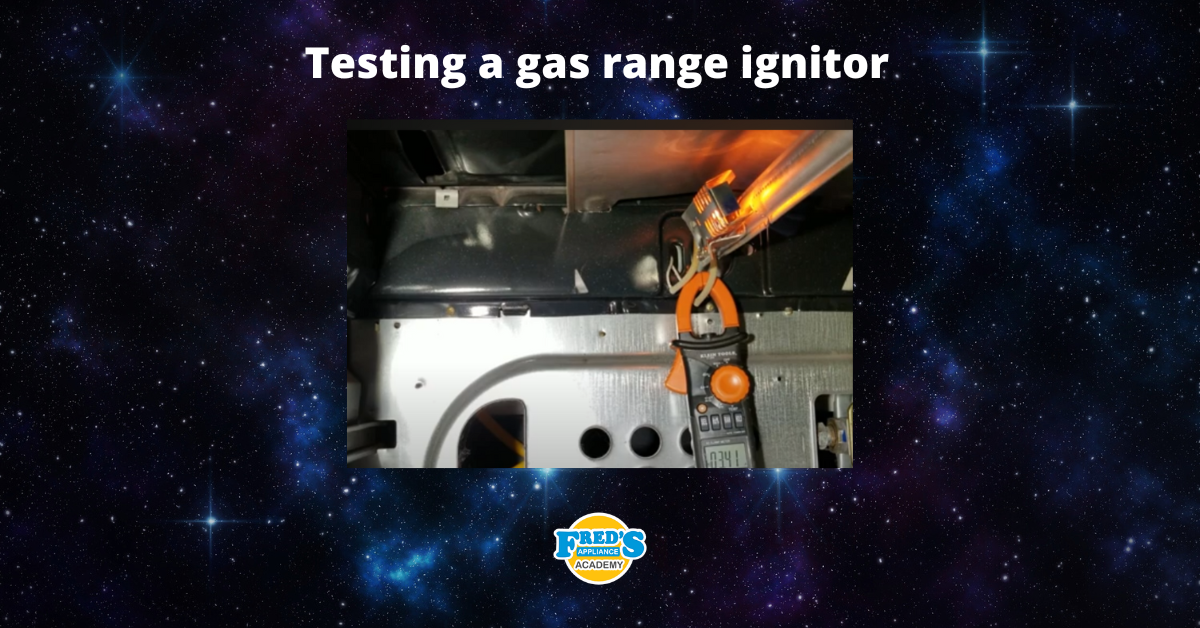
How to test a gas range ignitor

Congrats to our graduating March 2024 class
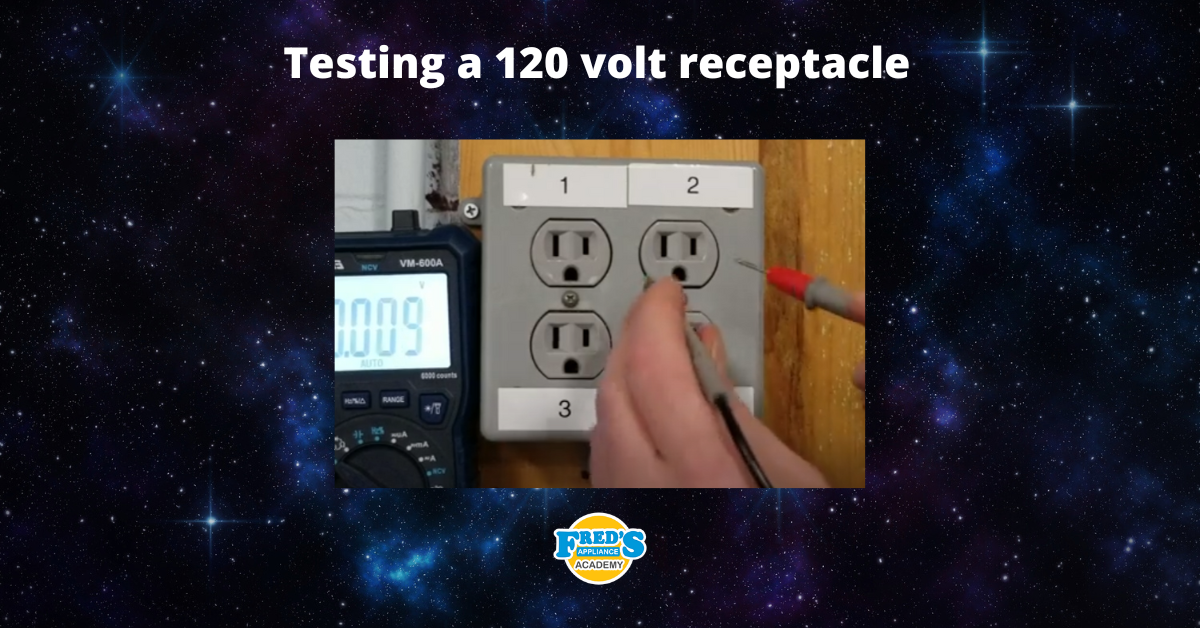
How to test a 120 volt receptacle

Congrats to our graduating February 2024 class
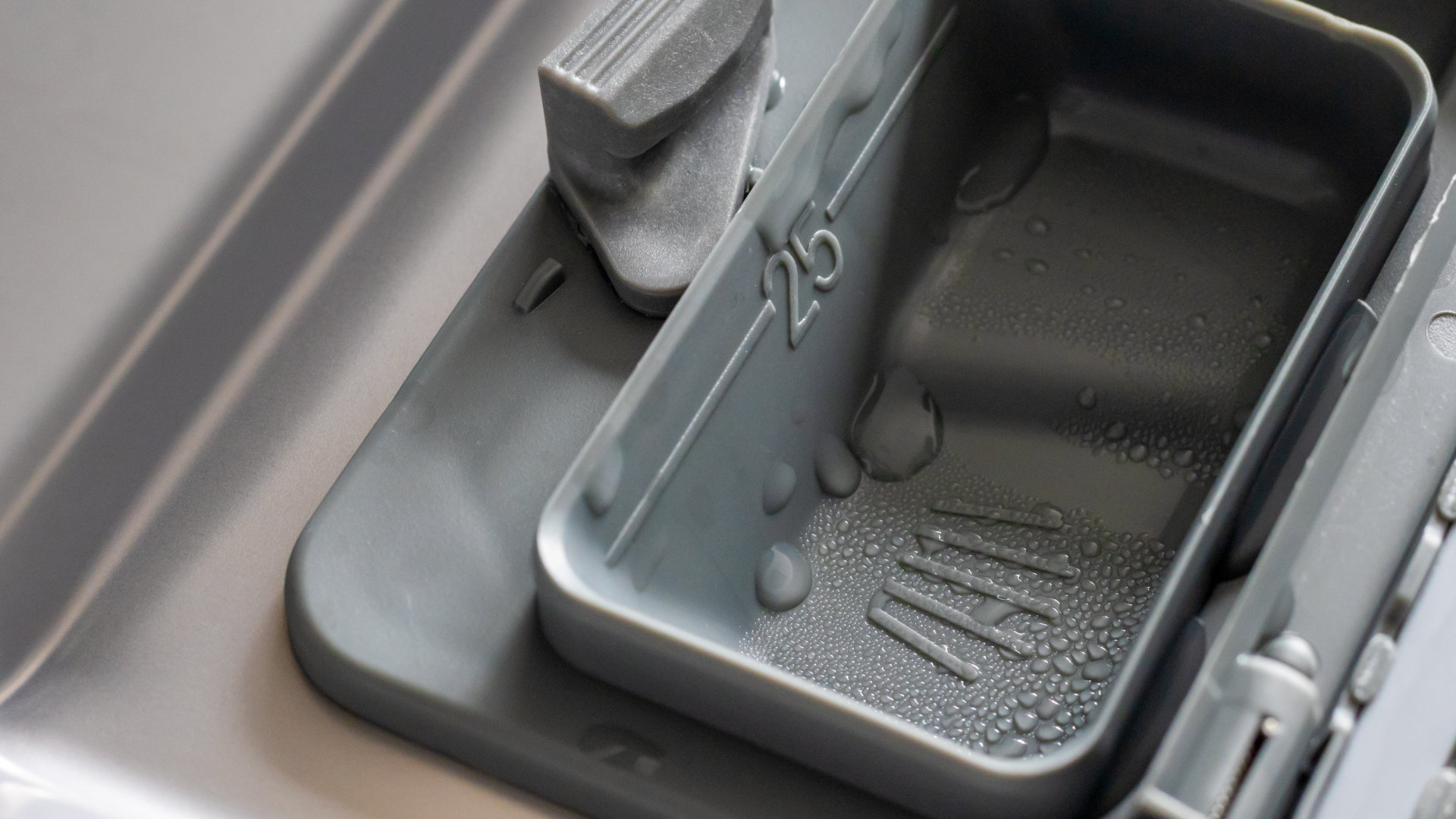
Why Is Your Dishwasher Soap Not Dissolving? (5 Easy Fixes)
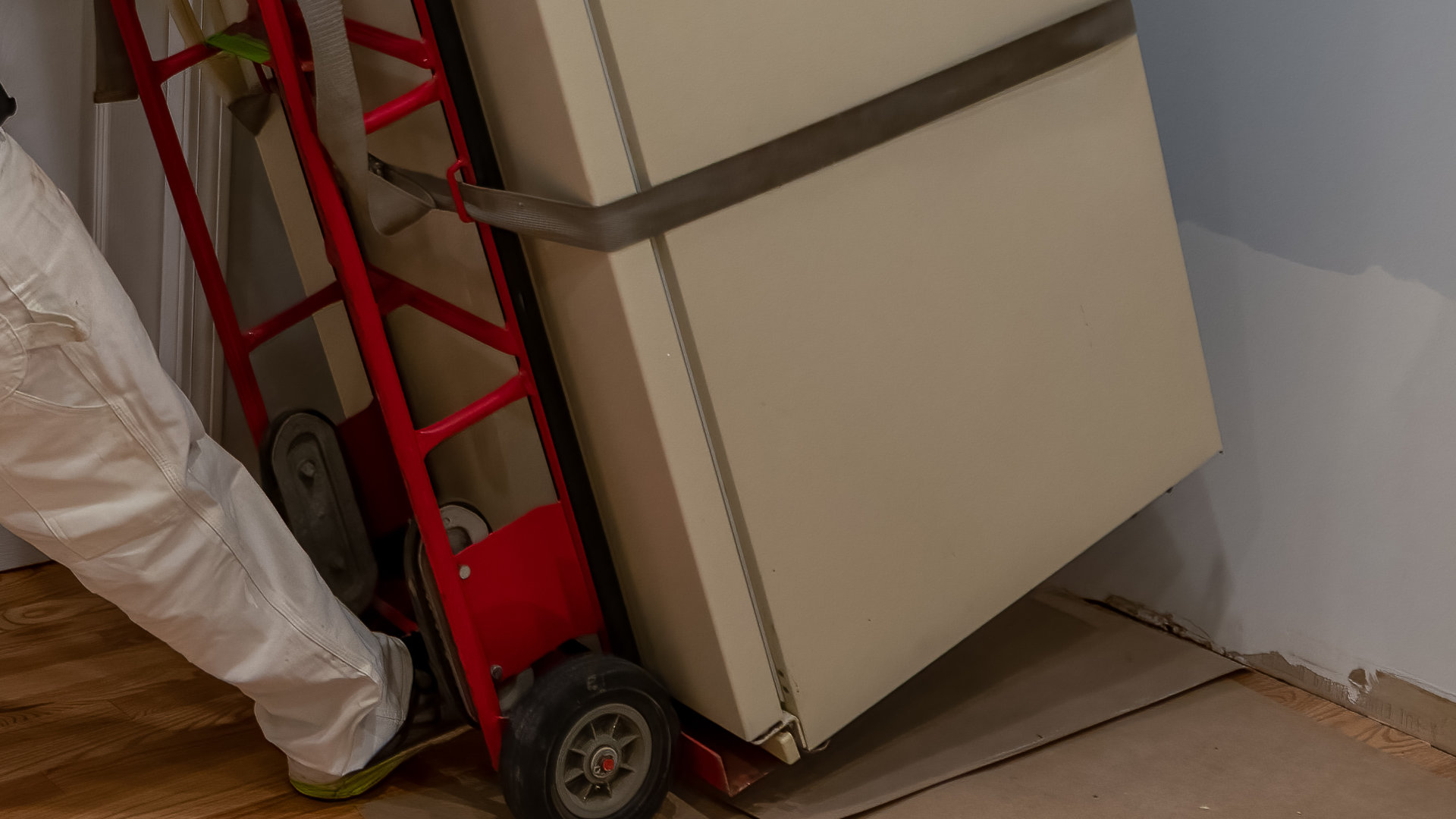
Refrigerator Dripping Water Inside? 5 Quick Fixes

Appliance Industry 2023 Q4 Results

Congrats to our graduating January 2024 class
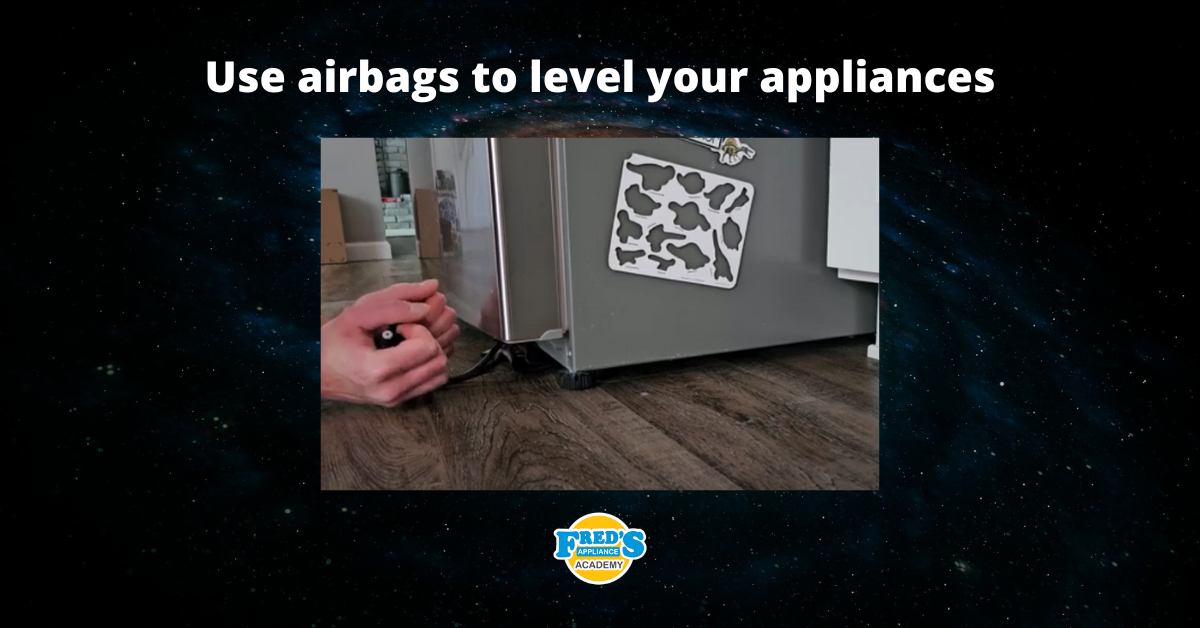
Clever ways to use airbags to level your appliances
